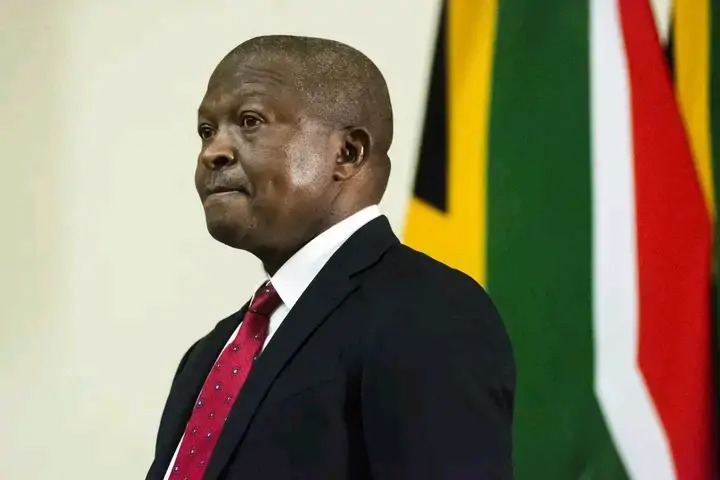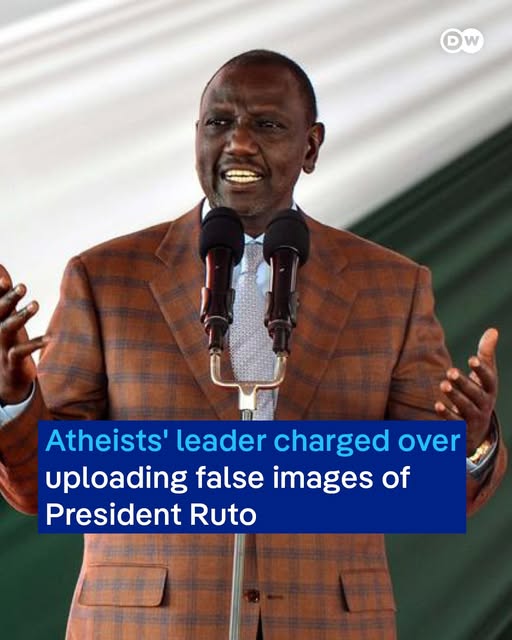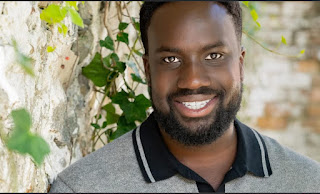
JOHANNESBURG, SOUTH AFRICA — David Dabede Mabuza, the former Deputy President of South Africa and one of the most influential political figures in post-apartheid governance, has died at the age of 64. His death was confirmed by President Cyril Ramaphosa on July 3, 2025, following a short illness. Mabuza passed away in a Johannesburg hospital surrounded by family.
Mabuza served as South Africa’s Deputy President from 2018 to 2023, during a critical period in the country’s democratic development. Before that, he was Premier of Mpumalanga from 2009 to 2018, where he gained a reputation as a strategic political operator and grassroots mobilizer with deep influence in provincial and national structures of the African National Congress (ANC).
Born on August 25, 1960, in Phola, Mpumalanga, Mabuza began his career as a teacher and unionist, earning a BA in Psychology from the University of South Africa. His transition into politics followed naturally through his leadership in the South African Democratic Teachers Union in the early 1990s. He joined the provincial legislature in 1994 and quickly ascended through the ranks, becoming MEC for Education and eventually ANC provincial chairperson.
Known as a kingmaker within ANC circles, Mabuza played a decisive role in the election of Cyril Ramaphosa as ANC president in 2017. His strategic alliance-building and political maneuvering at the party’s national conference helped tip the balance of power at a time of heightened factionalism. He was subsequently appointed Deputy President of both the ANC and the Republic in early 2018.
In his national role, Mabuza chaired the Human Resource Development Council and co-led South Africa’s national response to HIV/AIDS and TB. He also served as the Leader of Government Business in Parliament, overseeing the interface between the executive and legislative branches. His office focused heavily on poverty reduction, rural development, and governance reform.
Despite his seniority, Mabuza’s time in office was shadowed by longstanding allegations of corruption and political violence during his tenure in Mpumalanga. While he denied wrongdoing and was never formally charged, critics often pointed to his role in cultivating patronage networks. Yet, to supporters, he remained a disciplined and loyal ANC leader who prioritized party unity and social delivery.
After stepping down in February 2023, Mabuza withdrew from public view, citing health reasons. His final major appearance was during the ANC’s 2024 national election campaign, where he reemerged to support Ramaphosa’s administration. According to close aides, his health declined significantly in early 2025.
a national statement, President Ramaphosa described Mabuza as “a committed servant of the people, a freedom fighter, and a leader who contributed significantly to the democratic transition and governance of our country.” He added, “We have lost a compatriot who devoted his life to the service of South Africans, especially the poor and marginalised.”
Condolences have also poured in from opposition leaders, regional premiers, and international allies. Former colleagues noted his efforts to strengthen provincial governance, expand educational infrastructure in rural communities, and broker party unity during turbulent times. The Inkatha Freedom Party and ActionSA both acknowledged his legacy and expressed sympathy to his family.
David Mabuza is survived by his wife, Nonhlanhla Patience Mnisi, and their children. Plans are underway for an official state funeral, with tributes expected at the Union Buildings in Pretoria and in his home province of Mpumalanga. Flags will fly at half-mast nationwide.
Mabuza’s political legacy remains a complex one. He was both a power broker and a loyal party man—admired for his calm presence and tactical instincts, yet scrutinized for his links to internal ANC conflicts. Regardless of perspective, his role in shaping the country’s political trajectory is undeniable.
As South Africa reflects on his contributions, the story of David Mabuza underscores the complicated nature of leadership in a maturing democracy—where ambition, service, and accountability intersect in ways that shape the nation’s path forward.




